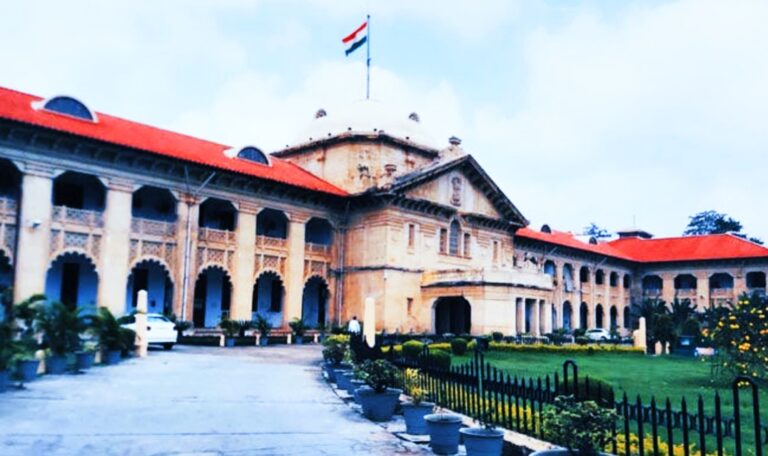Holding funds in a separate account temporarily before transferring them to the final destination does not qualify as “unexplained money” under Section 69A of the Income Tax Act 1961.
Section 69A applicability on Fund Transfers between Accounts: In a significant ruling, the Allahabad High Court in the case of Pr. Commissioner of Income Tax and Another vs. Sushil Kumar Sharma (ITA No. 86/2024) clarified that Section 69A of the Income Tax Act, 1961, does not apply to fund transfers between accounts when there is a clear agreement between parties. The judgment upheld the findings of the Income Tax Appellate Tribunal (ITAT) and the Commissioner of Income Tax (Appeals) [CIT(A)], emphasizing that holding funds in a separate account temporarily before transferring them to the final destination does not qualify as “unexplained money” under Section 69A.
Court’s Observations
A bench comprising Chief Justice Arun Bhansali and Justice Vikas Budhwar stated:
“The CIT(A) and the Tribunal were justified in concluding that merely due to an alleged breach of the agreement between the FRB and the assessee, without any dispute over the collected amount being deposited with the FRB, the fund deposits in the assessee’s account cannot be considered unexplained cash deposits.”
Also Read: Allahabad High Court: No Substantial Question of Law Arises Without Evidence of Perversity
Case Background
The taxpayer, engaged in providing security, housekeeping, and manpower services, had entered into an agreement with First Rand Bank (FRB) during the financial year 2016-17. As per the agreement, the taxpayer was responsible for collecting loan installments from micro-borrowers and depositing the collected funds into his account before transferring them to the FRB’s account.
During the assessment proceedings, the Assessing Officer (AO) questioned the taxpayer about substantial cash deposits in his account. Despite furnishing documentation supporting these transactions, the AO included the cash deposits as income under Section 69A of the Act, considering them unexplained.
Appeal Proceedings
The taxpayer’s appeal to the Principal Commissioner of Income Tax (PCIT) resulted in the exclusion of most of the cash deposits from the total computed income, except for deposits during the demonetization period. Dissatisfied with the decision, both the taxpayer and the department filed appeals.
The ITAT, after analyzing the agreement between the taxpayer and FRB, concluded that the mode of deposit—whether directly into FRB’s account or via the taxpayer’s account—was immaterial. The Tribunal highlighted that the revenue department had no grounds to claim the taxpayer’s income was understated merely because the deposits were routed through his account.
High Court Ruling
The Allahabad High Court affirmed the Tribunal’s decision, holding that:
- The deposits of funds in the taxpayer’s account, collected as part of his agreement with FRB, could not be classified as unexplained cash under Section 69A.
- The CIT(A) and the Tribunal’s findings were well-founded and did not raise any substantial questions of law.
- For the demonetization period, the Tribunal rightly overturned the PCIT’s assumption that the taxpayer was prohibited from collecting money in specified banknotes.
The court observed:
“The findings recorded by the Tribunal are consistent with the available evidence. By no stretch of imagination can the deposits received from the micro-borrowers of FRB be termed as unexplained cash deposits.”
Conclusion
The High Court dismissed the revenue department’s appeal, upholding the ITAT’s ruling that Section 69A is inapplicable to temporary fund transfers between accounts. This decision reinforces the principle that compliance with contractual obligations, backed by proper documentation, cannot be misconstrued as unexplained income.
Also Read: Disallowance of Exemption Under Section 11 of I.T Act: How to Challenge
Key Takeaway
This landmark judgment emphasizes the importance of contractual clarity and documentation in avoiding unwarranted tax liabilities under Section 69A of the Income Tax Act. It reiterates that legitimate business transactions, even if conducted indirectly, should not be subject to arbitrary tax assessments.
READ MORE
Punjab and Haryana High Court Rules against Dismissing GST Appeal for Non-Payment of Fees
Quasi-Judicial Order Must Allow an Opportunity to Be Heard: Allahabad HC Ruling
